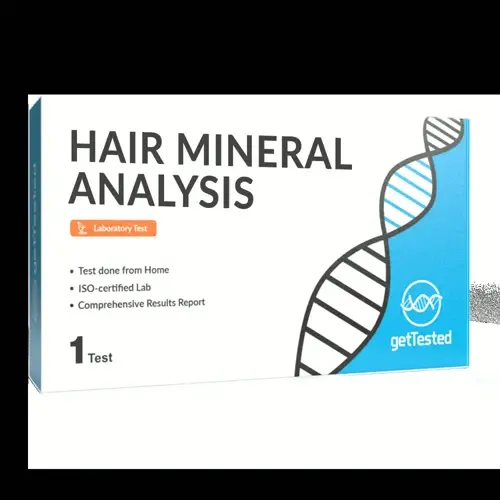Is professional supervision necessary for detox?

Written by
Leilani Ibeh
Reviewed by
Prof. Benjamin Murphy, Ph.D.Professional supervision is essential for successful heavy metal detox. Inadequately conducted procedures cause depletion of minerals and permanent damage to the kidneys. The doctors first determine the baseline metal levels. They check the function of organs through blood work. This avoids life-threatening reactions during chelation. Self-directed detox causes chemical redistribution to sensitive organs.
Risk Prevention
- Chelators like EDTA deplete essential minerals without monitoring
- Kidney function tests prevent filtration system overload
- Electrolyte balance checks avoid cardiac complications
- Liver enzyme monitoring ensures proper toxin processing
Protocol Customization
- Urine provocation tests identify specific metal burdens
- Genetic testing determines detox enzyme efficiency
- Mineral status analysis guides supplementation needs
- Allergy screenings prevent adverse binder reactions
Physicians have access to specialized tests that are not available to the general public. Urine challenge tests determine the excreted metals after the administration of a chelating agent. The hair mineral analysis reveals the long-term exposure patterns. These various tests determine the type of binder that is suitable and the dosages required. Professionals change the protocols from month to month based on your progress.
Natural detoxification requires oversight, too. High-dose chlorella can cause digestive distress without proper guidance. Cilantro can liberate mercury that can redeposit in the nervous system. Professionals recommend binders such as modified citrus pectin. They prevent metals from being redistributed to the brain, which can worsen neurologically.
Hire qualified practitioners. Functional medicine doctors have expertise in developing and implementing detox protocols. Environmental medicine doctors understand the sources of exposure. You cannot trust unlicensed practitioners who recommend aggressive protocols. You can check credentials through medical boards. Your safety is contingent upon training.
Start with consultation before any sort of detoxification effort. Discuss symptoms and exposure history in-depth. Request a comprehensive initial assessment that includes blood and urine panels. This will serve as your baseline. Subsequently, follow-up appointments can be used to monitor changes. This thoroughness helps to minimize unnecessary health issues.
Read the full article: Heavy Metal Detox: Ultimate Natural Guide

